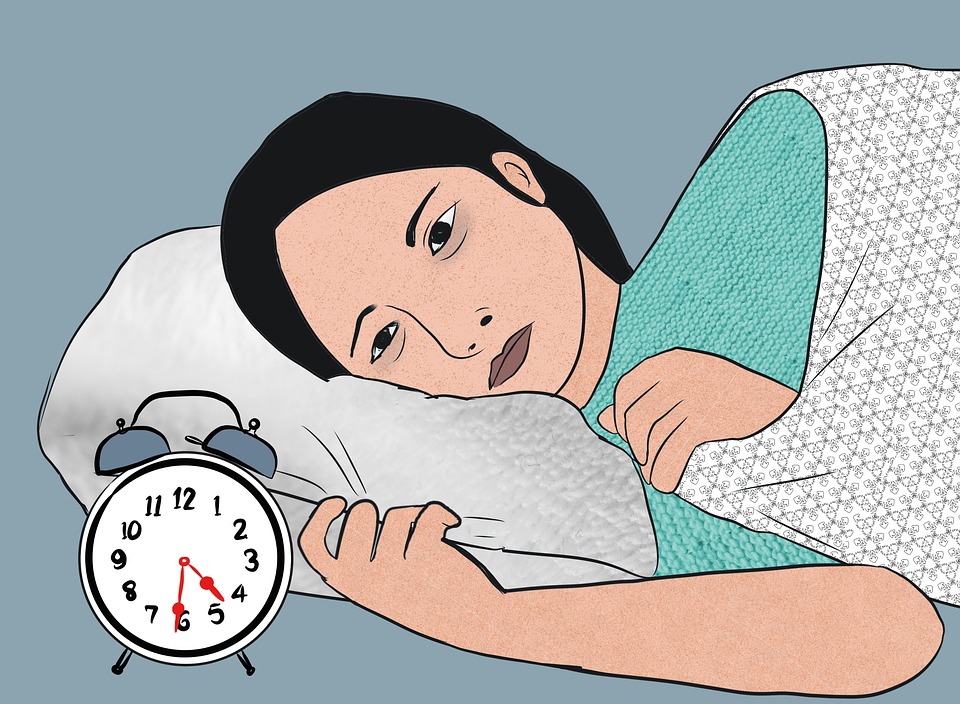According to various studies, 10% to 30% of adults have symptoms of insomnia. Insomnia is the major global health problem and that's why symptoms vary from person to person, and largely depend on whether the insomnia is a chronic or short-term condition. People with chronic insomnia also often wake up earlier than they want to. Many patients—typically children and older adults who require caregiver supervision—also resist the idea of following a healthy sleep schedule.
Many people with short-term insomnia will see
a gradual improvement in their symptoms, especially if their insomnia coincides
with a traumatic event or temporary condition. The symptoms of short-term
insomnia are quite similar to those of chronic insomnia, but there is one
important difference: patients have trouble initiating or maintaining sleep for
less than three nights a week and/or for less than three months. have to face.
have to do
As a result, you can usually recognize insomnia by the following symptoms:
- Irritable or depressed mood.
- Problems with concentration or memory.
- Waking up too early and not being able to get yourself back to sleep
- Spend most of the night awake, worried that you won't sleep.
- Waking up at night
- Not feeling rested after a good night's sleep
- Persistent problems with sleep
- Difficulty returning to sleep.
- Feeling tired/tired during the day.
- Fatigue






0 Comments